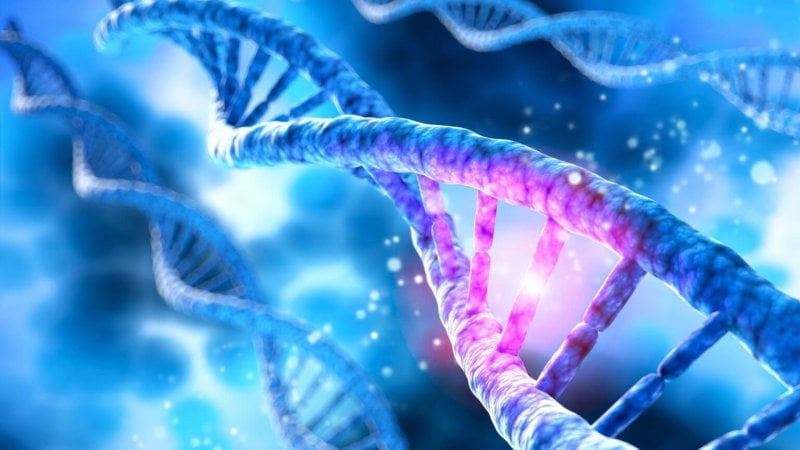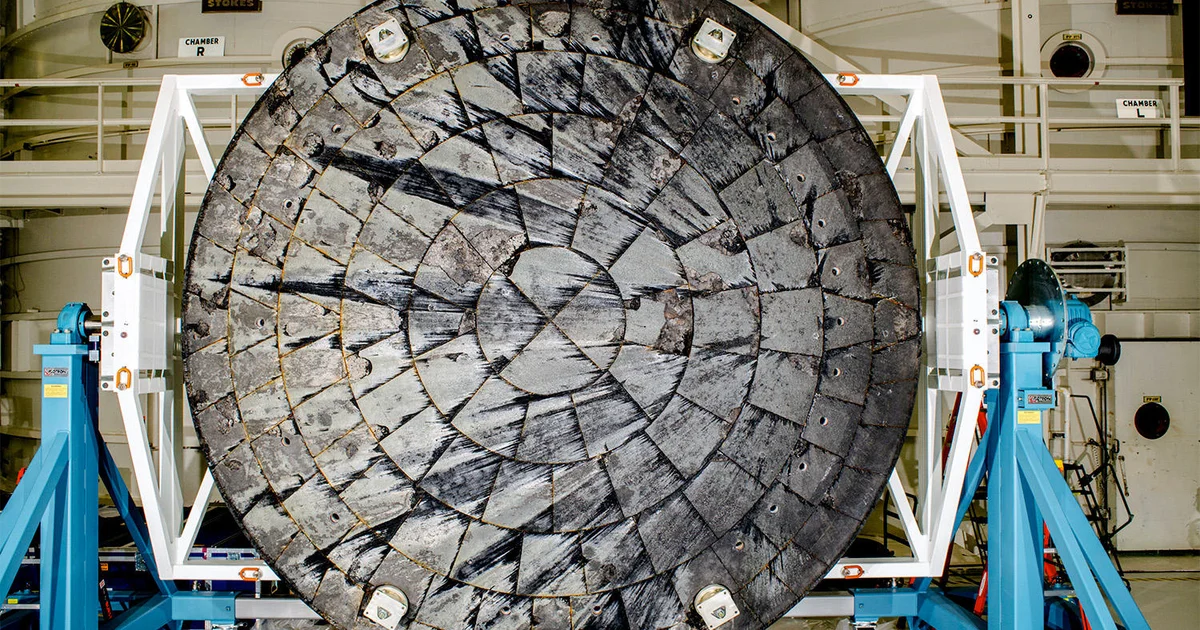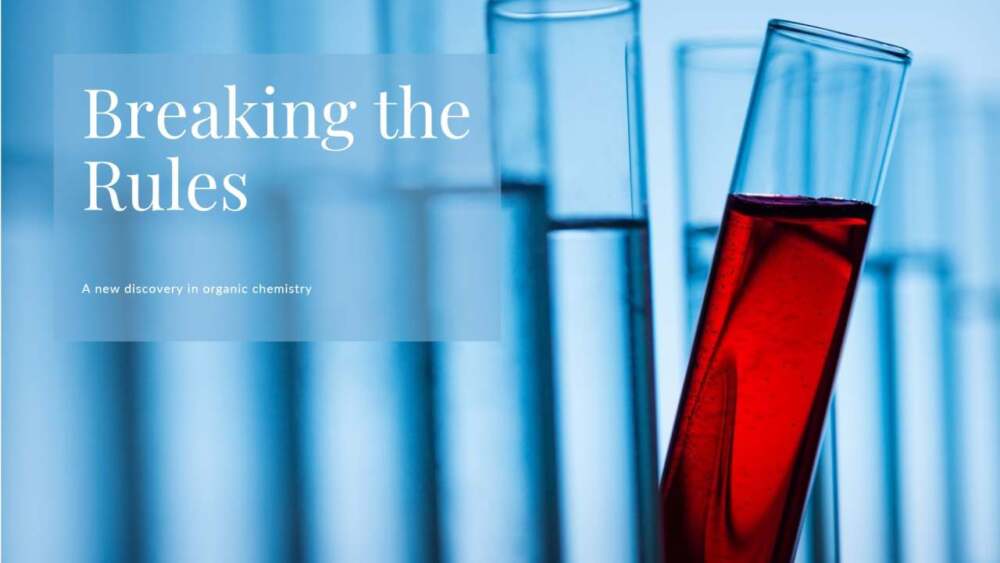A major genetic study conducted by researchers at the Cleveland Clinic has revealed that up to five percent of the U.S. population — an estimated 17 million people — may carry inherited genetic changes that raise their risk of cancer, even if they have no family history or known risk factors.
🔬 What the Research Found
The investigation analysed health-and-genetic data from over 400,000 participants in the national “All of Us” programme, focusing on more than 70 genes commonly associated with cancer predisposition. The team identified over 3,400 unique “pathogenic variants” — in other words, genetic changes known or strongly suspected to increase cancer risk.
The striking takeaway: many of the carriers of these mutations would not have qualified for genetic screening under traditional criteria, since they lacked a personal or family cancer history or other high-risk indicators. This indicates that risk of hereditary cancer may be more widespread — and less visible — than previously assumed.
🧩 Why This Matters
- The finding challenges current screening protocols, which often reserve genetic testing for individuals with strong indicators (e.g., early-onset cancer, multiple affected relatives). The new data suggest a broader population may benefit from genetic risk assessment.
- Early detection is critical. Knowing one’s genetic risk can enable more vigilant surveillance (such as earlier or more frequent mammograms, colonoscopies, or other screenings), lifestyle interventions, and potentially preventive therapies.
- From a public-health standpoint, the study underscores the need to rethink how genetic risk information is integrated into care — moving from a reactive, family-history-based model to a more proactive, population-based approach.
- For regions such as South Asia and Pakistan, the research carries relevance: while the study focuses on U.S. data, the implications of under-recognised hereditary risk apply globally — encouraging medical systems worldwide to consider wider access to genetic counselling and screening.
✅ What You Should Know (and Ask)
- Carrying a genetic mutation does not guarantee cancer will develop — it simply raises the probability. Genetic, environmental and lifestyle factors all interplay.
- If you believe you may be at elevated risk (even without a family history), ask your doctor about genetic counselling or a targeted gene panel test.
- Screening and preventive strategies may change if you are found to carry a risk-raising variant: more frequent tests, earlier interventions, or tailored risk-reduction strategies may be recommended.
- Health systems and insurers may face increased demand for genetic testing and follow-up services as research shows broader populations carry risk variations than once thought.
➡️ Final Take
This new study marks a major shift in our understanding of hereditary cancer risk. The idea that only a small subset of people with strong family history should be tested is increasingly outdated. With up to five percent of Americans carrying actionable genetic changes — many unaware of it — the case for broader, more inclusive genetic screening and preventive care has never been stronger.














Leave a Reply